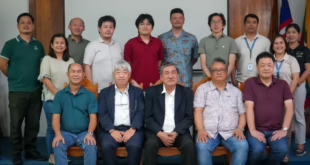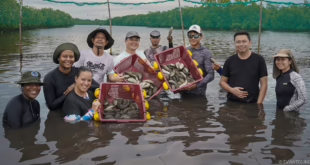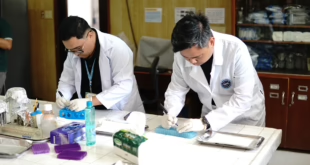The African swine fever threatening the protein supplies of the country still grappling with the COVID-19 pandemic prompted the chief of an international research center to call for more youth to be involved in aquaculture.
“Now, more than ever, is the time for our youth to engage in the efficient production of healthy protein through aquaculture,” said Dan Baliao, chief of the Southeast Asian Fisheries Development Center Aquaculture Department (SEAFDEC/AQD) based in Iloilo.
Baliao said fish is more efficient to produce than even poultry, taking as little as 1 kilogram of feeds to produce 1 kilogram of fish. Yet, there are not enough skilled personnel to competently build and run fish farms in the country.
Data from the Commission on Higher Education (CHED) showed that there are only 26,259 graduates from the agriculture, forestry, and fisheries disciplines from 2018 to 2019, comprising only three percent of all Philippine graduates in higher education.
Meanwhile, results from the 2019 Fisheries Technologist board exams released by the Professional Regulation Commission (PRC) also show that only 731 fisheries technologists passed and gained their license out of 2,101 takers across the whole country.
Baliao revealed that a highly-skilled workforce is critical in the coming years as SEAFDEC/AQD is helping the Department of Agriculture – Bureau of Fisheries and Aquatic Resources (DA-BFAR) build legislated multi-species hatcheries in at least 15 sites around the country.
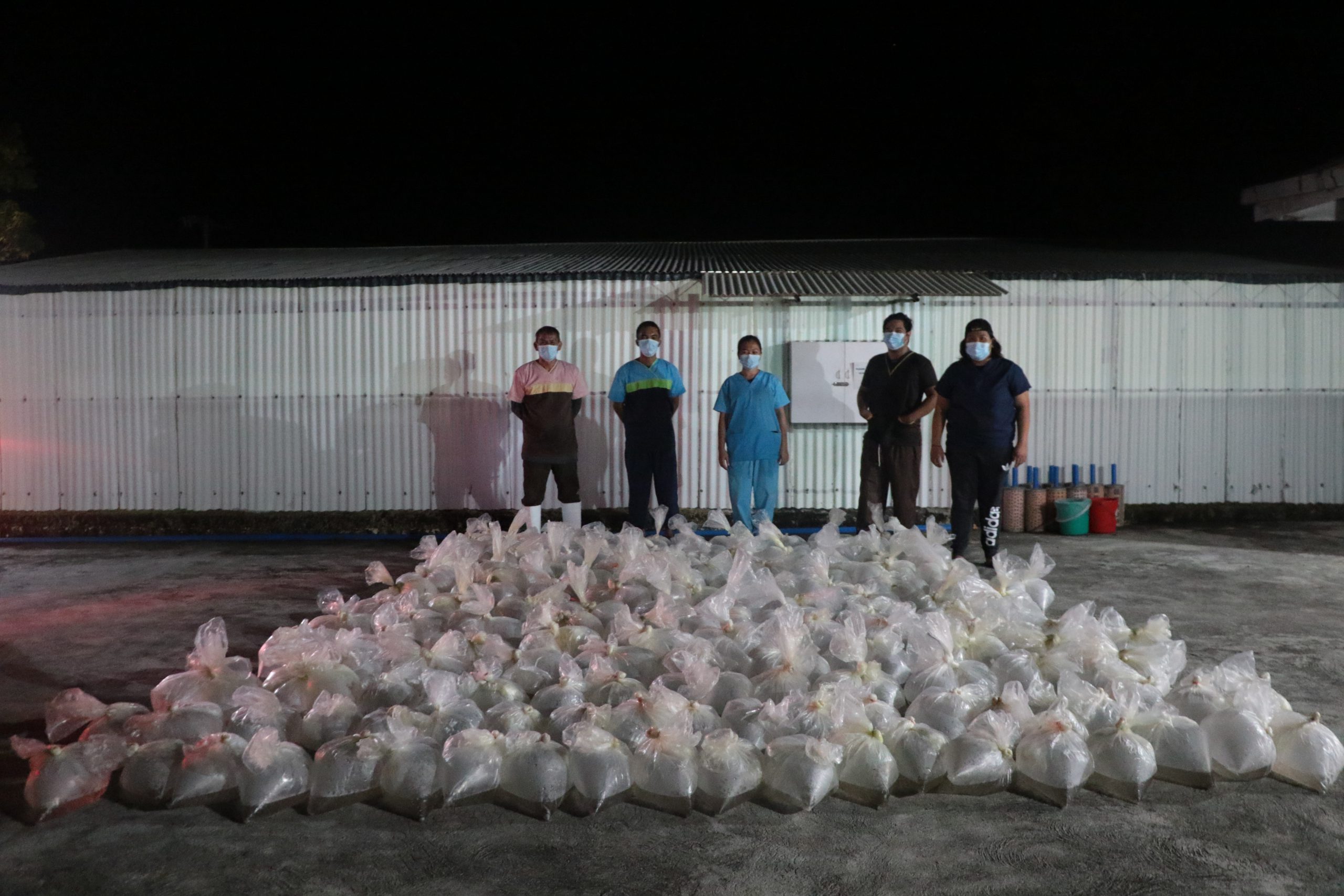
“We should invest not only in infrastructure and technologies, but also in the building up the workforce that will run these critical government hatcheries and the grow-out farms that will receive the seeds,” he added.
Lea Cadapan, Aquaculturist II and Legislated Hatchery Project Coordinator of DA-BFAR, expressed her support of the training of fisheries graduates, citing the need for more competent aquaculturists.
“Aquaculturists should be kept abreast of the recent developments in the aquaculture industry to be more confident, more efficient, and boost their passion for serving the Filipino fish farmers in contributing to the attainment of the country’s goal of fish sufficiency towards food security,” she said.
A new generation of aquaculturists
Baliao shared that to jumpstart a new generation of aquaculturists, SEAFDEC/AQD piloted the intensive selection of fisheries graduates, who were then given hands-on training on seed production, fish health management, and grow-out operations at SEAFDEC/AQD stations in Iloilo, Guimaras, and Rizal.
“We were looking at competent applicants upon recommendation from their respective college deans, shared Caryl Vincent Genzola, officer-in-charge of SEAFDEC/AQD’s Training Section, who added that the endorsed graduates ideally had to be among the top of their class.
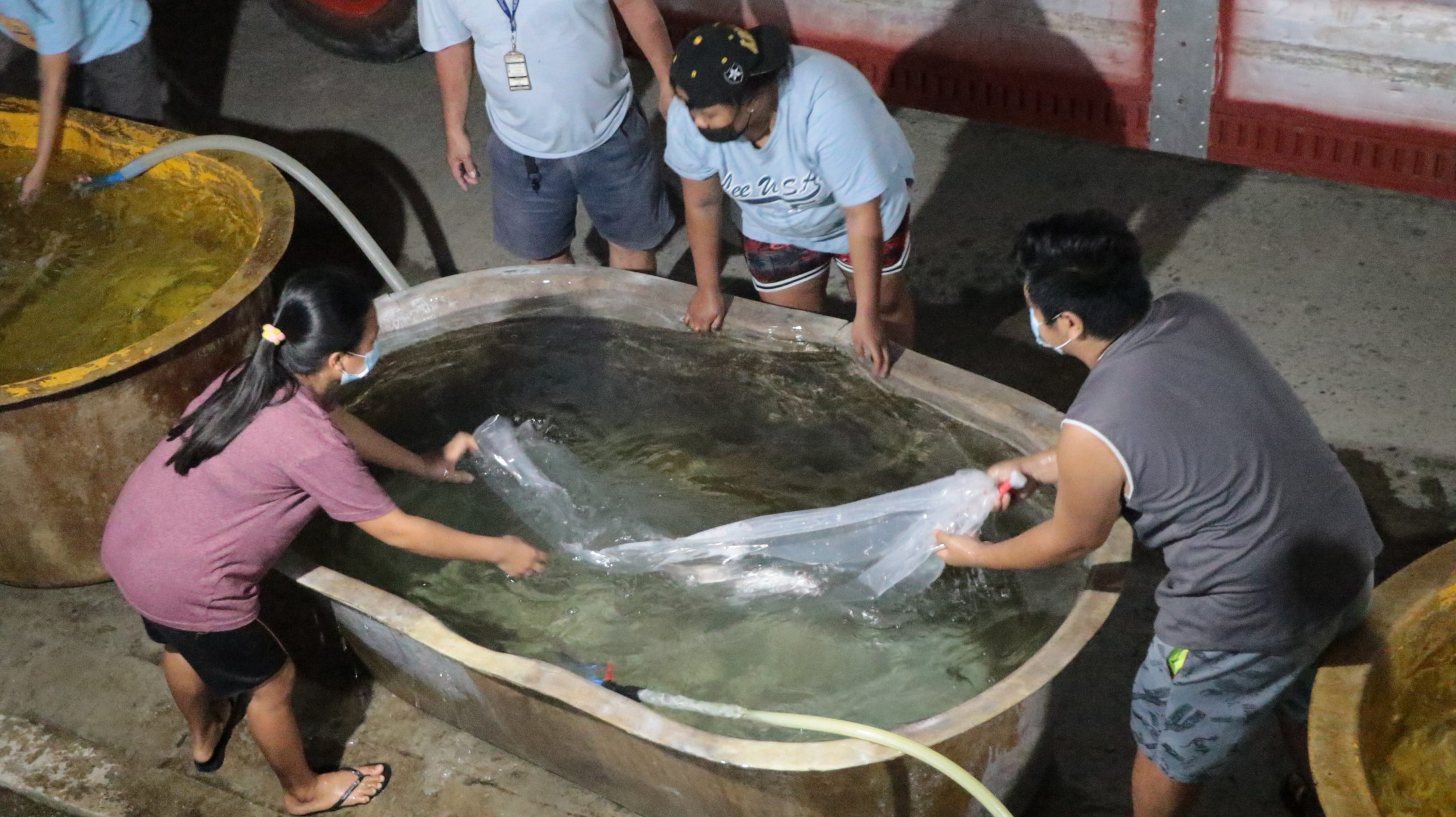
According to Genzola, the first batch of graduates from fisheries schools in Western Visayas was screened in 2018 and given experience in actual production of freshwater and marine fish and crustaceans.
Upon completion of the training program, some trainees were deployed to upstart the multi-species hatchery operations of the DA-BFAR hatchery in Sagnay, Camarines Sur, which soon took off and produced 467,000 milkfish fry on its first run.
Genzola shared that other trainees were deployed to SEAFDEC/AQD projects, while some were recommended to government and non-government offices, including private farms.
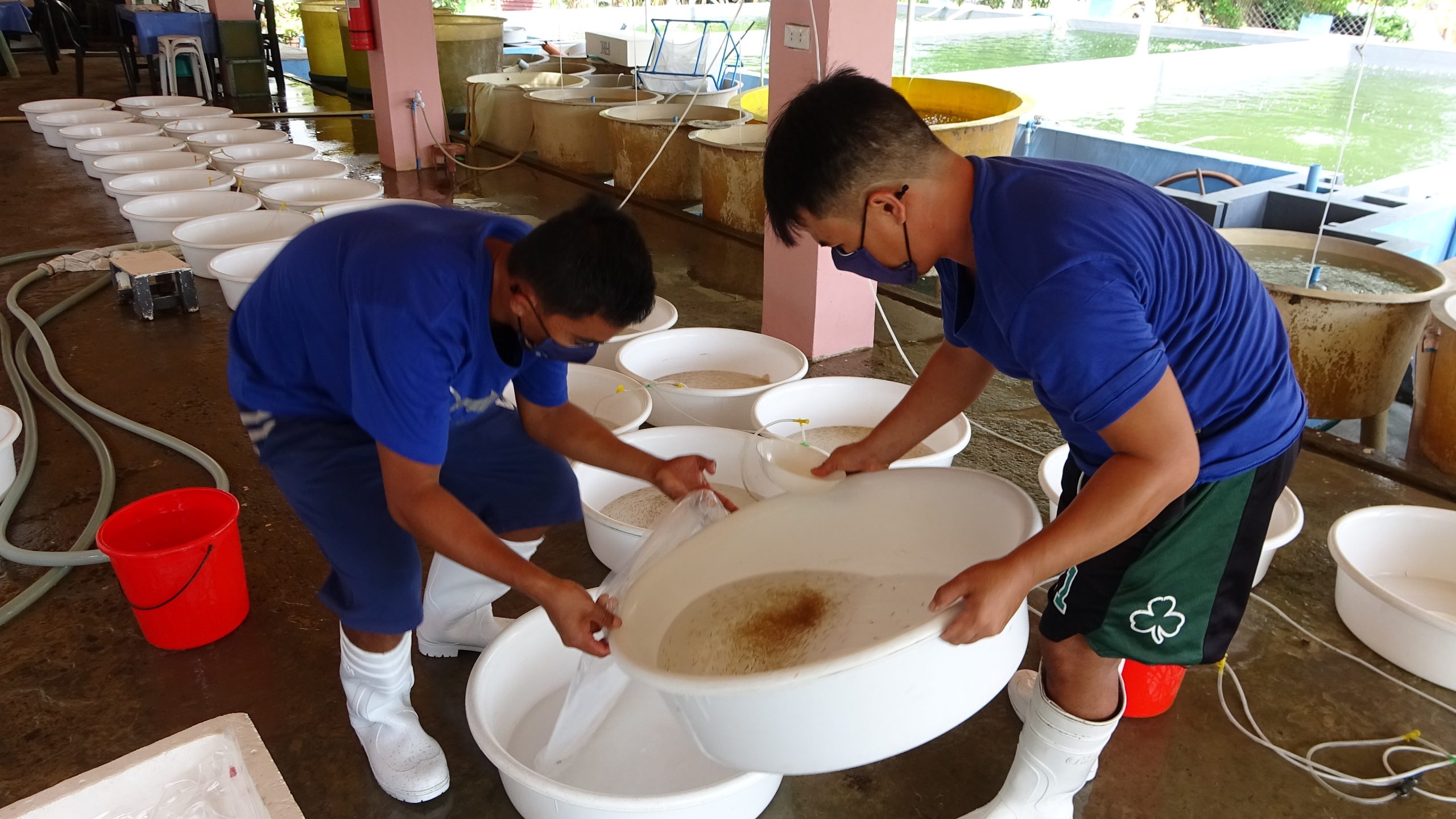
“Having been trained intensively in an international organization by experts on different aquaculture fields widened my perspective of aquaculture. I was also able to apply the theoretical knowledge from my degree to more hands-on fieldwork,” shared Janice Genilza, one of the SEAFDEC/AQD trainees after she graduated from the University of the Philippines Visayas (UPV).
“I always learned something new every day during those three months, which I am grateful for. Practicals, in particular, gave me a feel for what I would encounter in the field,” said Therese Geanga, also a trainee from UPV.
“I became well-rounded as an aquaculture technologist because the training equipped me with different skills regarding husbandry and management of various commodities. It reassured me that I can apply my knowledge and skills regardless of where I will be assigned,” said Jernet Zyca Silorio, who hailed from the Iloilo State College of Fisheries (ISCOF).
Baliao revealed that they are planning to train more fisheries graduates from the Bicol Region and Mindanao, where most legislated hatcheries will be built, as soon as measures are in place to navigate COVID-19 restrictions. /JR PAGADOR
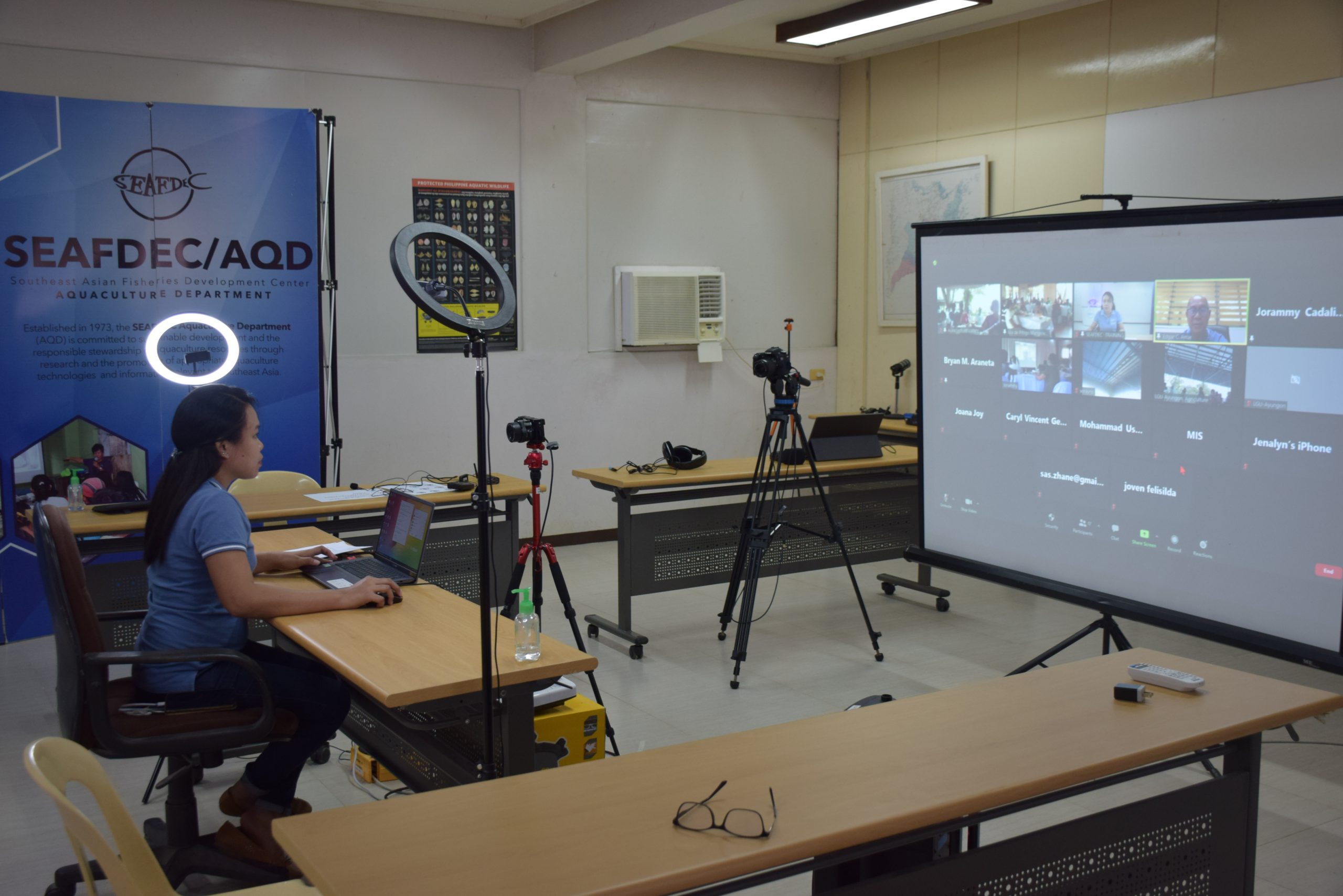
 SEAFDEC/AQD Southeast Asian Fisheries Development Center | Aquaculture Department
SEAFDEC/AQD Southeast Asian Fisheries Development Center | Aquaculture Department
